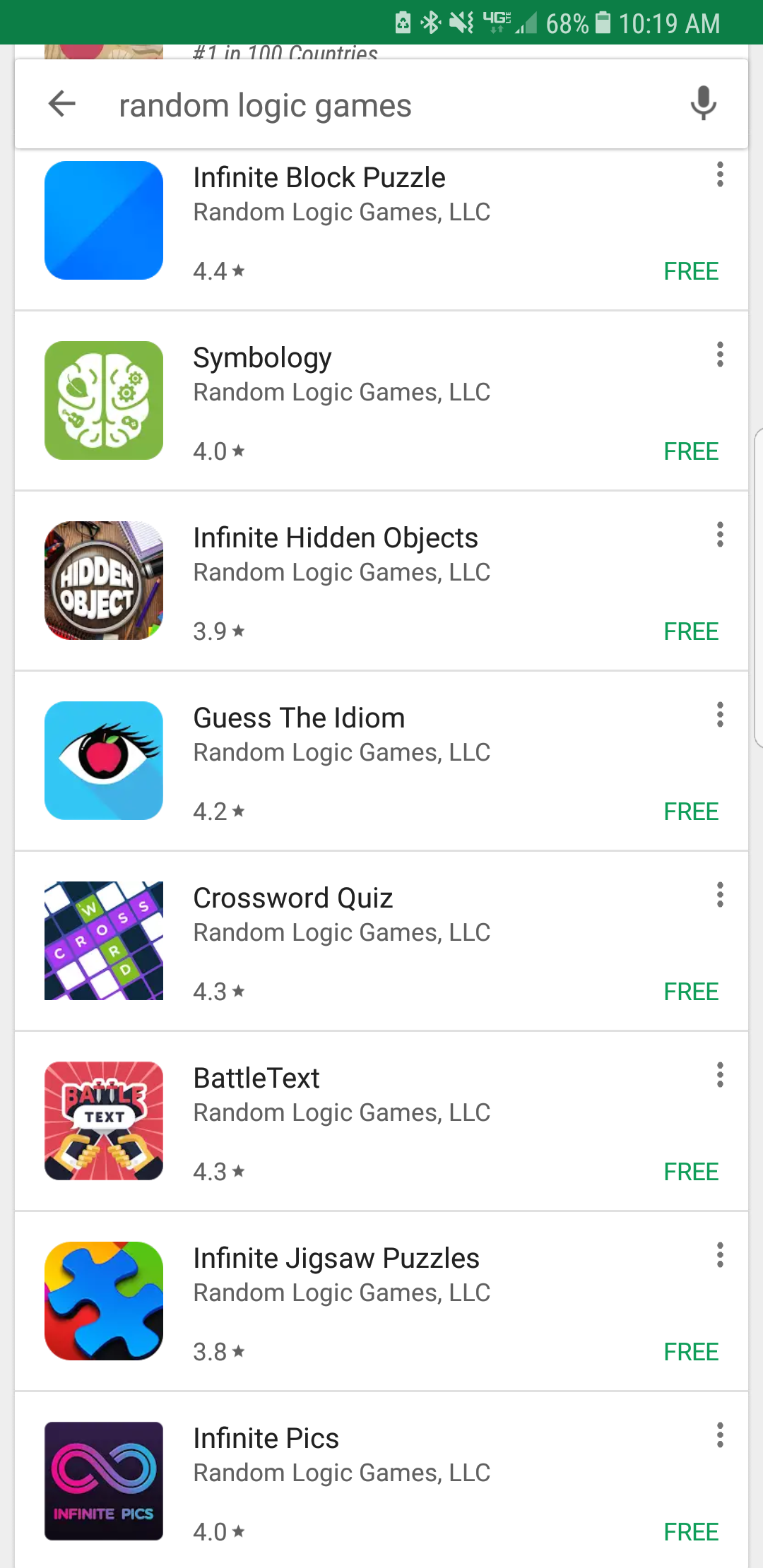What is Caret?
Caret is an HTML text editing software that I have been using for Dr. Bacha’s Digital Publishing EH 455 course.

Chosen for its simplicity and convenience; Caret made html easy to jump into. For anyone who needs to learn basic HTML, Caret is a good option. The Caret logo can be seen to the right. For Chrome users, here is a link to download Caret via the
Chrome Web Store.
Pros

One of the biggest perks of using this software is that it is free. Thus, it is accessible for anyone with internet access.
Usability is also a major plus. I’m not the most computer savvy individual, which is why I was shocked at the ease with which I began using the software without hiccups. An important aspect that makes it so user friendly is the feature that displays a red X next to any line of code where the software detects an issue. When you hover your cursor over this icon, a tooltip appears that alerts you to the problem with your code.
Cons

I would recommend this software to new coders. However, aspects of the software need to change in order to improve usability. I don’t like the default setting that autocompletes lines of code.
For example, when I type the opening paragraph tag, the software automatically inserts the closing tag after it. This feature shouldn’t be a default setting, and could lead to learned laziness when it comes to closing tags.
As the image above demonstrates, you can change this setting yourself in the user preferences page by changing “false” to “true” on line 37, beside the phrase disableBehaviors.
This brings me to the final issue I have with the software: Caret’s user preference page is difficult to navigate. I had to seek out online guides to help me find and fix the problem I had with the auto closing of tags.
Additionally, the online technical support guide is difficult to find when you search for it it online, and could use some streamlining. Click here for the Caret technical support guide.









